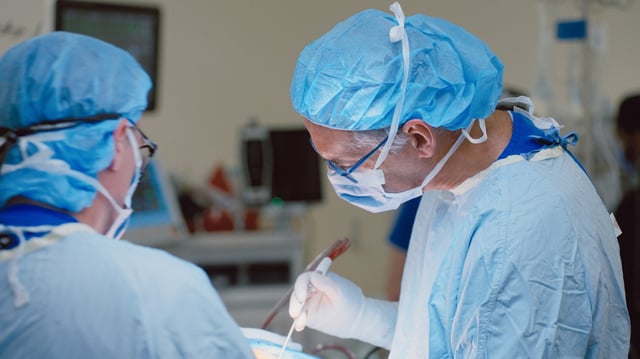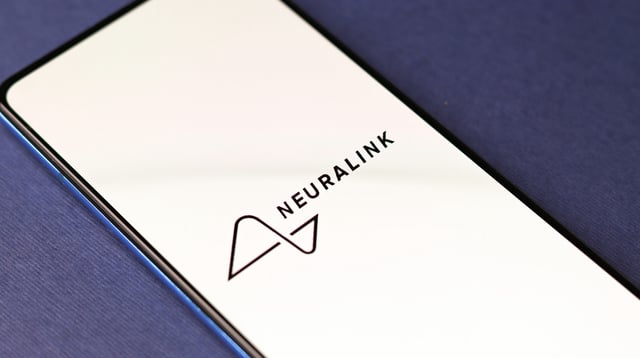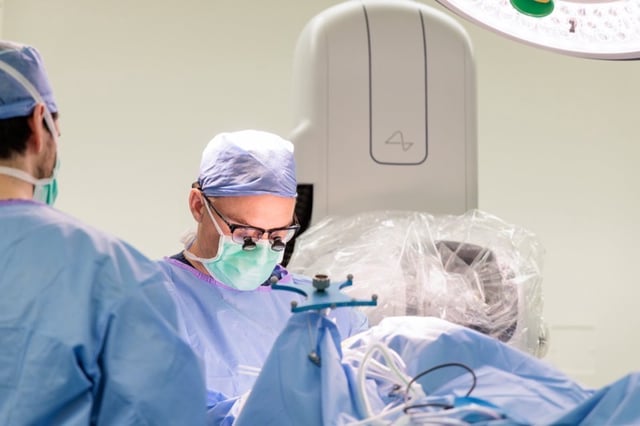Overview
- Two Canadian patients with cervical spinal cord injuries received Neuralink implants on August 27 and September 3 at Toronto Western Hospital under lead neurosurgeon Dr. Andres Lozano.
- Lozano said the first patient moved a computer cursor within minutes of activation, and both patients were discharged the morning after surgery to begin training and follow-up sessions.
- The CAN-PRIME study is evaluating the safety and real-world performance of Neuralink’s system, with recruitment open to people with cervical spinal cord injury or ALS.
- Neuralink’s implant uses ultra-fine electrode threads inserted by a surgical robot and a wireless transmitter that pairs via Bluetooth to devices such as MacBooks and iPhones through the company’s app.
- Participants will be followed for at least a year to assess benefits and potential risks including seizures, infection or stroke, as Neuralink pursues international enrollment toward 20–30 trial participants by the end of 2025.



